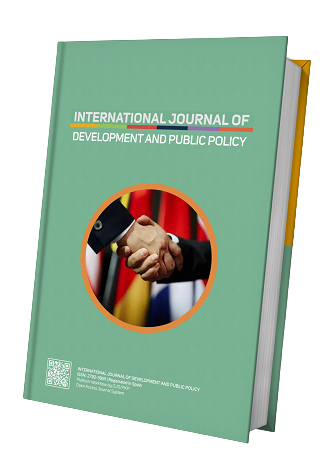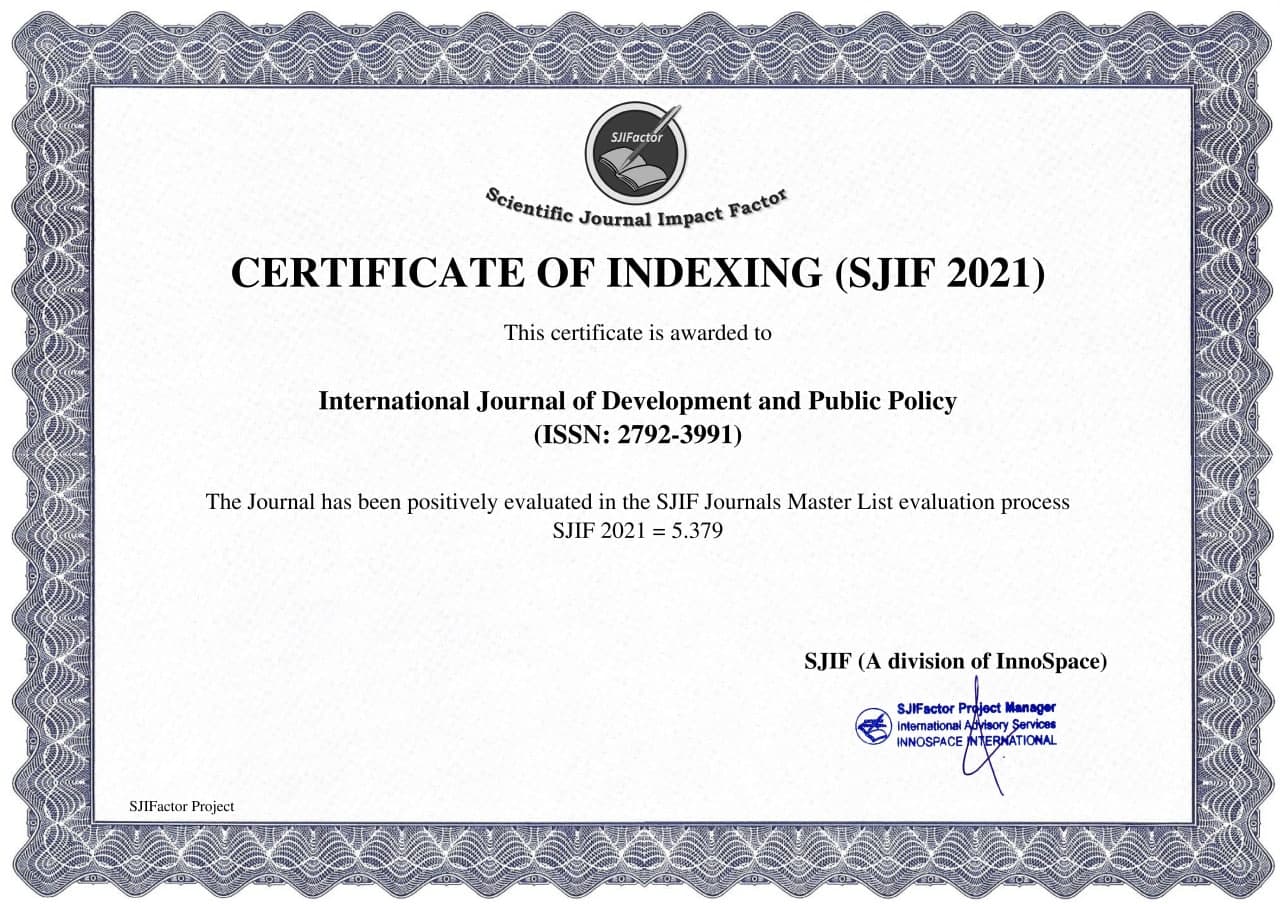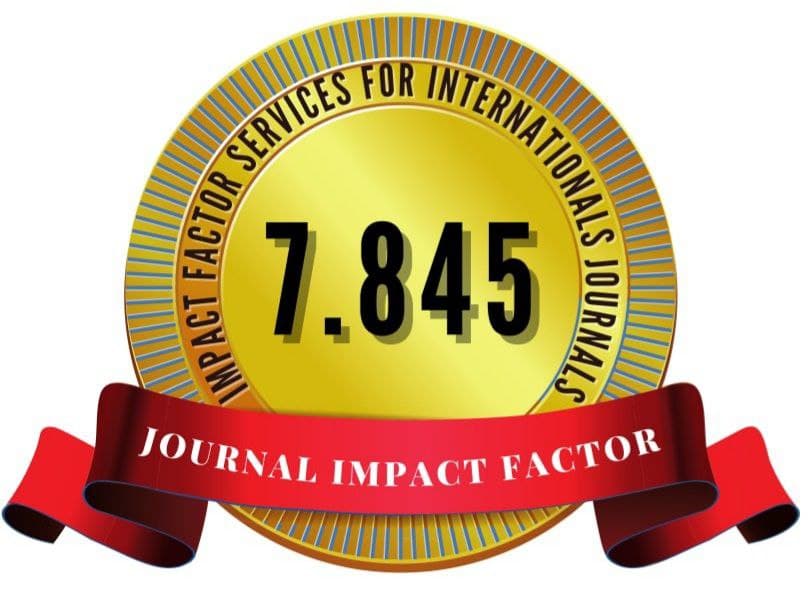International Processes of the New Century and their Essence
Keywords:
International, Century, war, relationsAbstract
International relations in the middle and second half of the 20th century were characterized by the fact that the traditional complex of factors underlying world politics, perhaps for the first time since the religious wars of the 16th – 17th centuries, was supplemented by an ideological component. Moreover, as the Cold War and bipolar confrontation developed, the ideological component tended to become one of the dominant (if not decisive) factors in world politics. Many analysts note that the Cold War was not only the next phase of the struggle for world domination, traditional for international relations, but also an ideological war designed to impose on the opposing side a certain way of life, value system, form of social structure, political regime, etc. As a result, during the Cold War, the ideological conflict acquired a largely self-contained significance, constituted the main nerve of confrontation within the framework of the emerging bipolar system of international relations. The opposition of the poles meant not just competition or tensions between two antagonists, but almost a holy war in which one of the two rival systems must win and the other disappear. The two opposing poles were playing an ideologically determined zero-sum game, in accordance with which the whole world was essentially divided into spheres of interest and ideological influence.






